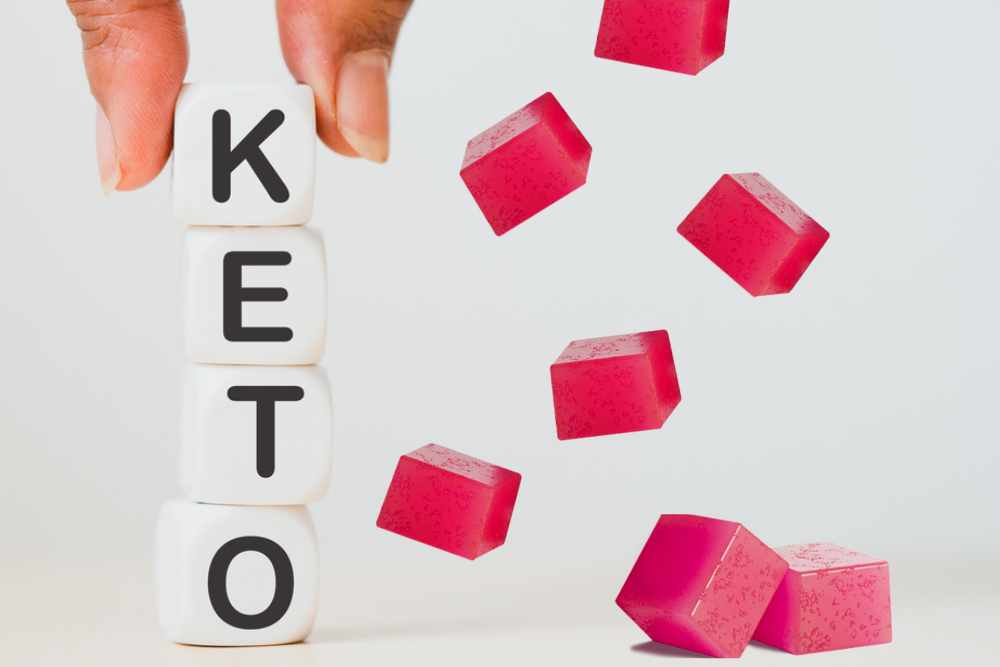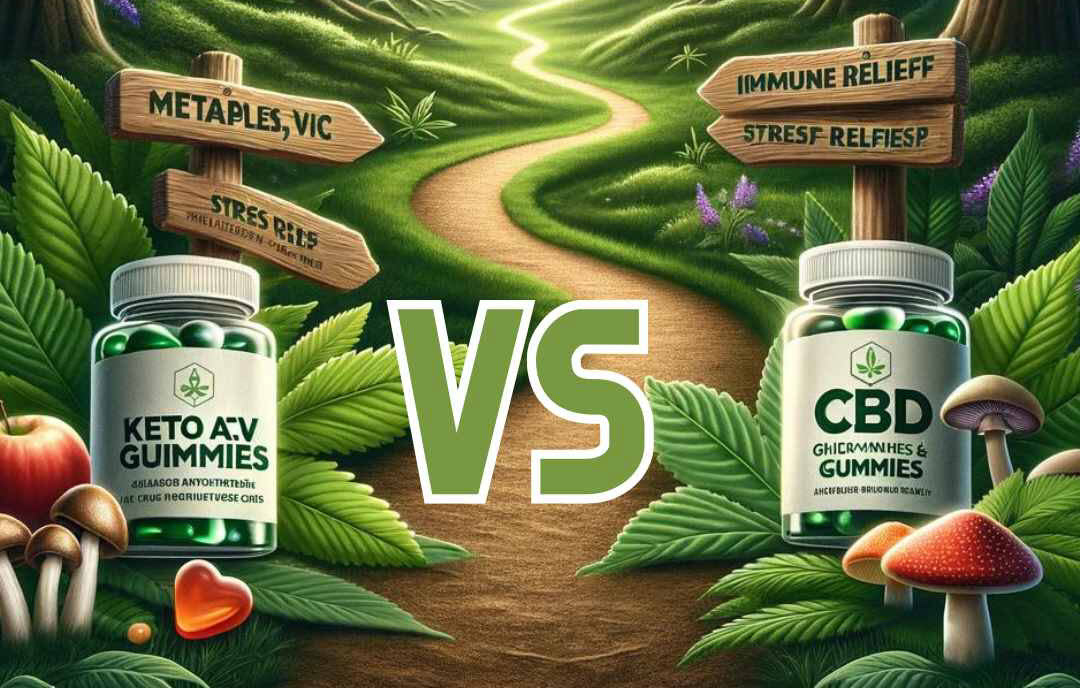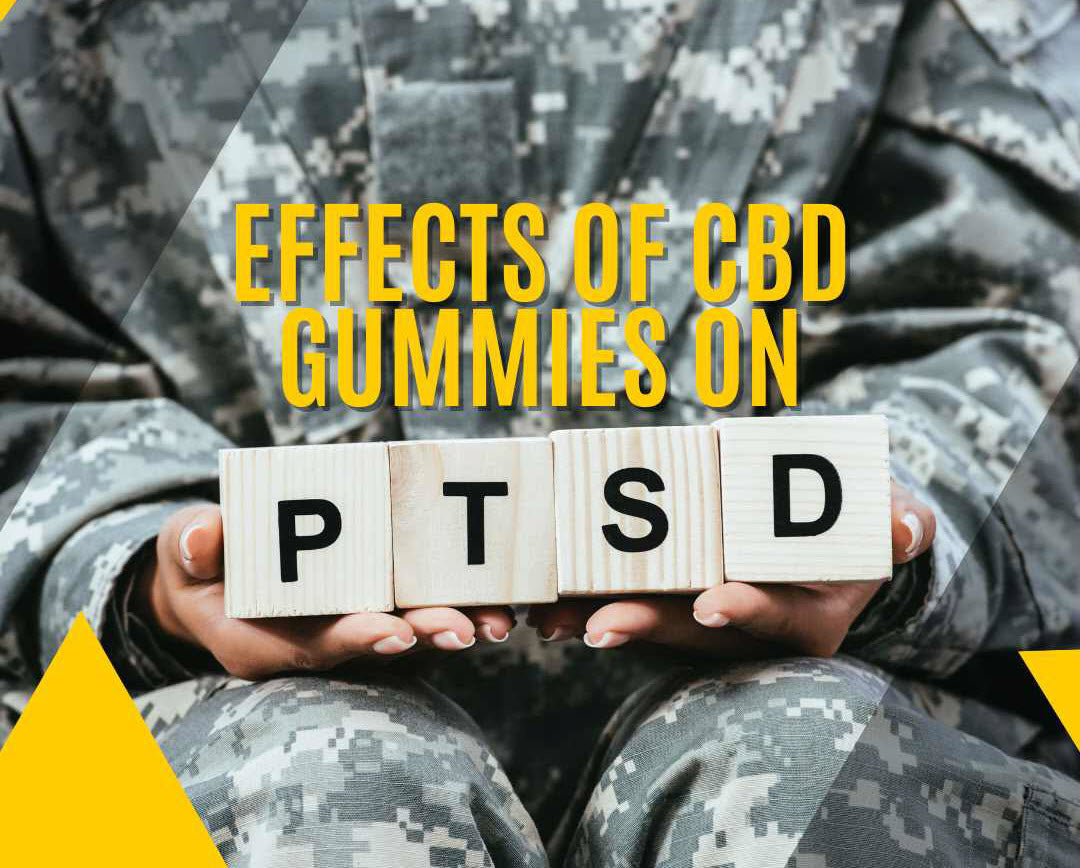DOES CBD TINCTURE EXPIRE
Could CBD Oil Really Expire?
So, you’ve been stocking up on CBD oils products because you’re loving the results, but suddenly, you look down at the label of your CBD oil to see that the product has passed its expiration date. Should you throw it out? Is it still safe to use? Will expired CBD make you sick? How do you dispose of it?
There are potentially many reasons why CBD products have expiration dates, which we will be dive into today. Surprisingly enough, you may even learn some tips and tricks along the way to possibly push the product beyond its expiration date.
Thus, before you toss out all of your CBD oils and products that have lasted beyond their expiration dates, read through and take notes on this article first. You just might learn some new that can help you avoid wasting precious CBD oil.
Do Oil-Based CBD Products Expire?
Yes, technically CBD oils and tinctures do have an expiration date. If it is a quality CBD oil or product, it should definitely display an expiration date on its label, as this is required by FDA guidelines (regardless of legality concerns). So, whenever you purchase a CBD oil or tincture, first check its expiration date to make sure that you can finish consuming the bottle’s contents before the date has arrived. Also, do this to ensure you aren’t being jipped into buying something that won’t last very long.
Typically, an oil-based CBD product has a shelf life that’s anywhere between 12 and 24 months. However, a variety of factors determine exactly when that expiration date should be. Let’s get to those in detail below.
What Factors Determine the Expiration Date?
There are a handful of factors that can contribute to the expiration date of a CBD oil or tincture.
The Extraction Method Used
One thing that determines a CBD product’s expiration date is the extraction method that was used to process the hemp plant itself into the CBD oil. Generally speaking, the CO2 extraction method is considered to be the best that is available. This method best preserves the chemical integrity of the plant, ensuring that each compound remains stable. A more stable chemical composition hypothetically means a longer shelf life, as it takes a lot longer for those compounds to break down.
Therefore, a CBD product extracted using the CO2 method will last longer. Meanwhile, lower-quality extraction methods, such as certain solvent methods, will result in a shorter shelf life because these methods can produce more unstable products.
While CO2 extraction is a superior gold method, this process has not been standardized yet. Below is more information on the most popular extraction methods and their impact on shelf life.
1. Carbon Dioxide Extraction
In this method, pressurized carbon dioxide is slowly input into the chamber containing the hemp plant. As a result, the CBD oil begins to separate from the plant. The extract is very potent and has a very long shelf life.
2. Solvent Extraction
During this process, a solvent, such as butane, is used to extract the cannabinoid oils from the plant. Solvent extraction is less preferred due to the risk of harmful byproducts. This method may result in lower-quality CBD oils with shorter shelf lives.
3. Steam Extraction
In steam extraction, water is heated to create water vapor. The hot steam is then passed over the hemp plant several times. The heat causes the hemp plants' cell walls to break down, releasing the CBD oil in the process. Steam extraction is one of the safest methods and produces very stable CBD oils.
Additional Ingredients
Another thing that may affect the shelf life of a CBD oil or tincture is whether or not the product contains any other ingredients. For instance, if a CBD oil contains a flavoring additive that has a shelf life of only one year, that means that the product only has a shelf life of one year. A product’s shelf life is determined by the ingredient with the shortest shelf life, keep that in mind.
How Long It’s Been Since the CBD Oil was Extracted?
First and foremost, a CBD oil expiration date is determined by when that CBD oil was extracted. So, if a CBD product has been sitting on a shelf for six months before you purchased it, its expiration date will be sooner than that of a product that was only extracted a month ago. Make sense?
Is Expired CBD Dangerous to Consume?
Technically, expired CBD tinctures and oils aren’t necessarily dangerous to consume, as long as the products don’t also contain ingredients such as foods or liquids that easily decompose over time. So, you don’t have to worry about getting sick from using an oral tincture that expired last month, generally.
Is Expired CBD Still Effective?
The problem with expired CBD is that it will probably not be as effective as it once was, as a general rule of thumb. This is because the compounds in the oil slowly break down and evaporate, meaning that the potency of the product decreases over time.
How Can I Tell if My CBD Product is No Longer Good?
It can be extremely difficult to tell whether or not a CBD product is still effective after it has reached its expiration date. One thing to look for is a separation of the formula, if you can. This separation occurs because the chemical compounds have broken down and detached from each other, resulting in a less homogenized product. This may be tricky given that some bottle aren’t necessarily clear or see through.
How Can I Make My CBD Product Last for as Long as Possible?
Let’s be honest, none wants to use CBD oils or products that have passed their expiration date. However, there are some things that you can do to make that CBD oil or tincture last for as long as possible.
1. Good Storage is Key
The most important thing is storing your CBD oil or tincture properly - temperature-controlled would be ideal. As you probably know, light and heat both promote oxidization, a process that causes the molecules of the potentially beneficial compounds to break down at a faster pace, which may result in evaporation and destabilization.
Oxidization can cause your CBD product to lose its effectiveness, which is why we always recommend storing an oil-based CBD product in a cool, dark place such as a drawer, cabinet, or closet.
The most important factors for storage are:
A) Keep Away From Light and Heat
Exposure to heat and direct sunlight potentially breaks down the CBD oil and, thus, degrades its quality. This is the reason CBD oil is typically packaged in dark glass bottles too. Cool, dark, and dry storage is the perfect home for your CBD oil products. That means a shelf near the window that receives direct sunlight is out of the question. A storage cabinet with other electrical appliances that emit heat is also out. Your car? Out of the question.
B) Avoid Air Exposure
Exposure to air can severely alter the chemical balance of CBD oils through a process called oxidative stress. Over time, this has a similar effect to light exposure and storage in areas with warmer temperatures. Ensure that the top is tightly secured after every use.
Should You Refrigerate Your CBD Oil?
Different products may respond better to colder temperatures than others. Although refrigeration will extend your oil's shelf life, it may also thicken it, making it harder to administer. If the CBD oil is still a long way from expiring, then you don't necessarily need to refrigerate it just yet.
Only Purchase CBD as Needed
Another tip is to only purchase CBD oils and products when you need it. In other words, just because a company is having a big sale doesn’t mean that you should buy a ton of bottles at once. If you really think that you can use x amount of CBD oil bottles within the timeframe of the shelf life at once, you’ll probably just end up wasting good-quality, expensive CBD.
Fresh CBD Oil is the Way to Go
While CBD products do expire, that doesn’t mean that they go bad in a way that makes them dangerous to consume per se. Of course you want to have the most effective, fresh CBD product possible, so ensure that you store your bottles properly and never purchase more than you need at any given time.

Nanocraft Sciences
Content Writer | Professor | Researcher
Kirsten Thornhill was born and raised in a small farm town in Stanislaus County, California. Kirsten graduated with a Bachelor of Arts in Exercise Science from CSU Stanislaus and her Master of Science degree in Exercise Physiology from Point Loma Nazarene University in San Diego, CA. She is currently in pursuits of a PhD in Health Sciences: Human & Sport Performance at Rocky Mountain University of Health Professions in Northern Utah, specializing in Cardiology and Human Performance. She is very passionate about human physiology and the metabolic and nutritional adaptations that occur during exercise in athletes. Kirsten enjoys educating and informing people about the importance of lifetime movement, plant-based eating, and health research and development. Her passion for natural, lifestyle medicine enables her to strive when promoting health and education.
Tagged under













No comments yet!
Be the first to comment